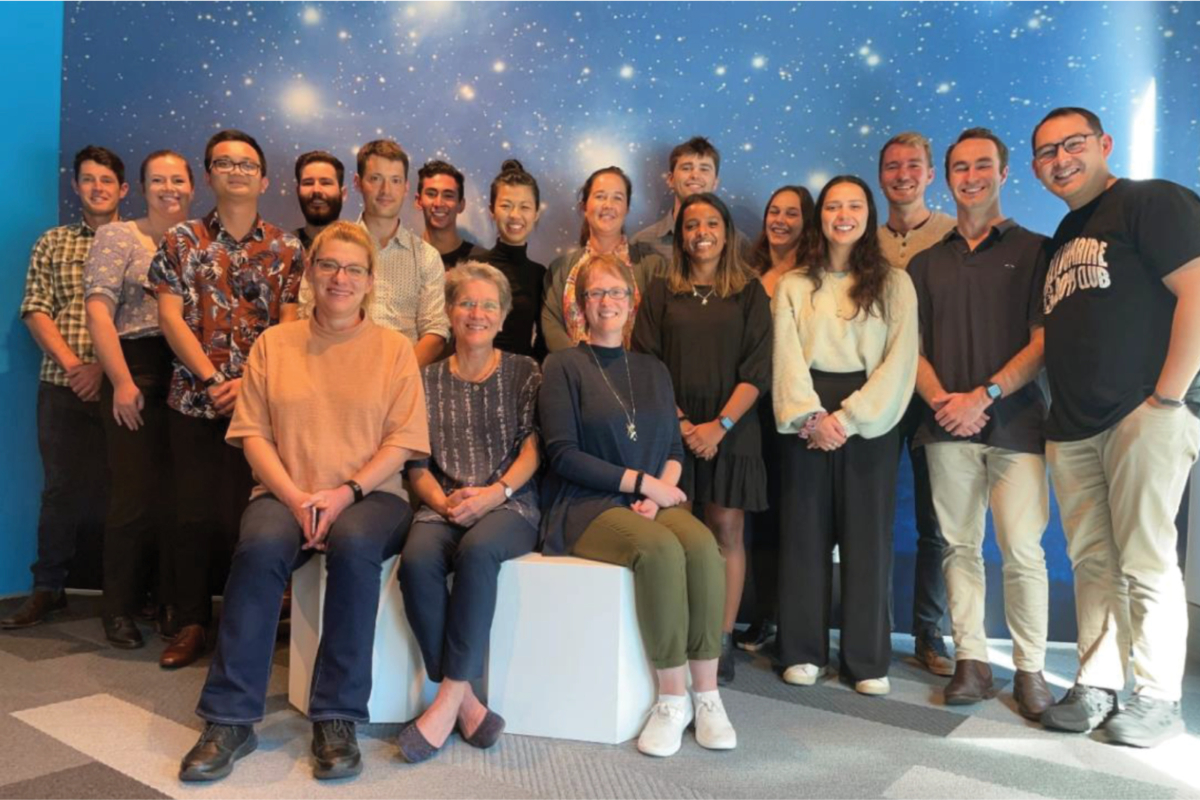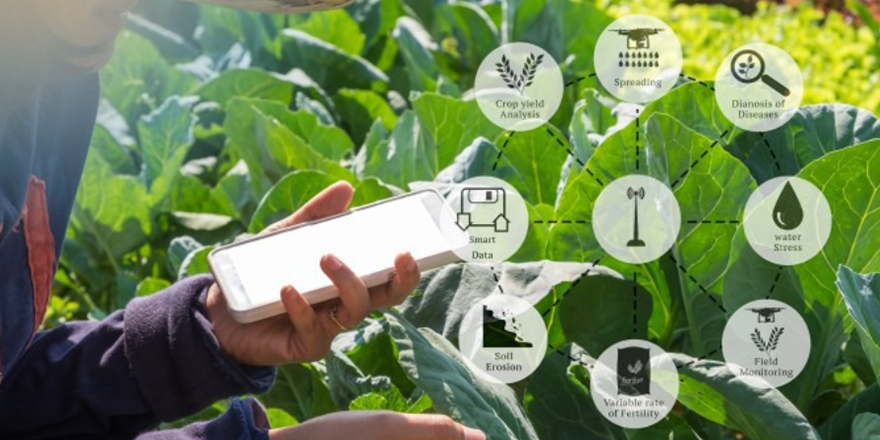
Executive summary
The world is becoming more complex, with increased geopolitical volatility. The New Zealand primary sector is heavily exposed to this volatility through trade, so future leaders must be skilled in navigating complex environments.
Research has highlighted a gap in leadership development, especially at an early career professional level in the New Zealand primary sector (Parsons and Nelson, 2023). Furthermore, there is a disconnect between the available programmes.
One such programme is the Strategic Thinking for Agrifood Management Programme (STAMP). This programme is unique in New Zealand. It uses the Harvard Case Method (HCM), a form of teaching case studies, and case study competitions to develop strategic thinking and leadership skills in the primary sector for early career professionals.
This research aims to understand the benefits of using these methods, using STAMP as a research case study. The objectives of this study were to:
- Identify skills and benefits developed from the programme.
- Understand the advantages and disadvantages of the programme.
- Identify what additional factors outside of the case studies were important in the programme’s effectiveness.
- Identify what could be improved.
A literature review of the HCM and case study competitions was done to see what skills the programme can improve and what is required for the teaching method to be effective. This informed the eleven semi-structured interviews with STAMP participants, which were analysed using thematic analysis. Included in the interviews was a short Likert scale questionnaire on what skills and benefits they believe they got from the scholarship.
The analysis indicated that the HCM and case study competitions effectively improve soft skills, such as confidence and critical thinking abilities, as well as analytical skills, building networks and gaining knowledge around the global agrifood system. All these skills are helpful for strategic thinking and leadership development, especially soft skills. For effective learning to occur, there needs to be the proper environmental conditions, such as a good learning environment where people can openly discuss ideas. In addition to this, in-person field trips effectively improved the participants’ learning experience and helped to bridge the gap between theory and practice.
Some recommended steps that the New Zealand primary sector could adopt for capability development in early career professionals include:
- Implement the Harvard Case Method and case study competitions into leadership development programmes for the Primary Sector
- Optimise environmental conditions for learning in HCM courses (Figure 4).
- Provide greater availability for facilitator training in HCM.
Recommended steps for STAMP include:
- Follow up on this research in 10 years to identify how STAMP contributed to participants’ career development.
- Use past participants for mentoring.
Louis Batley, Louie




